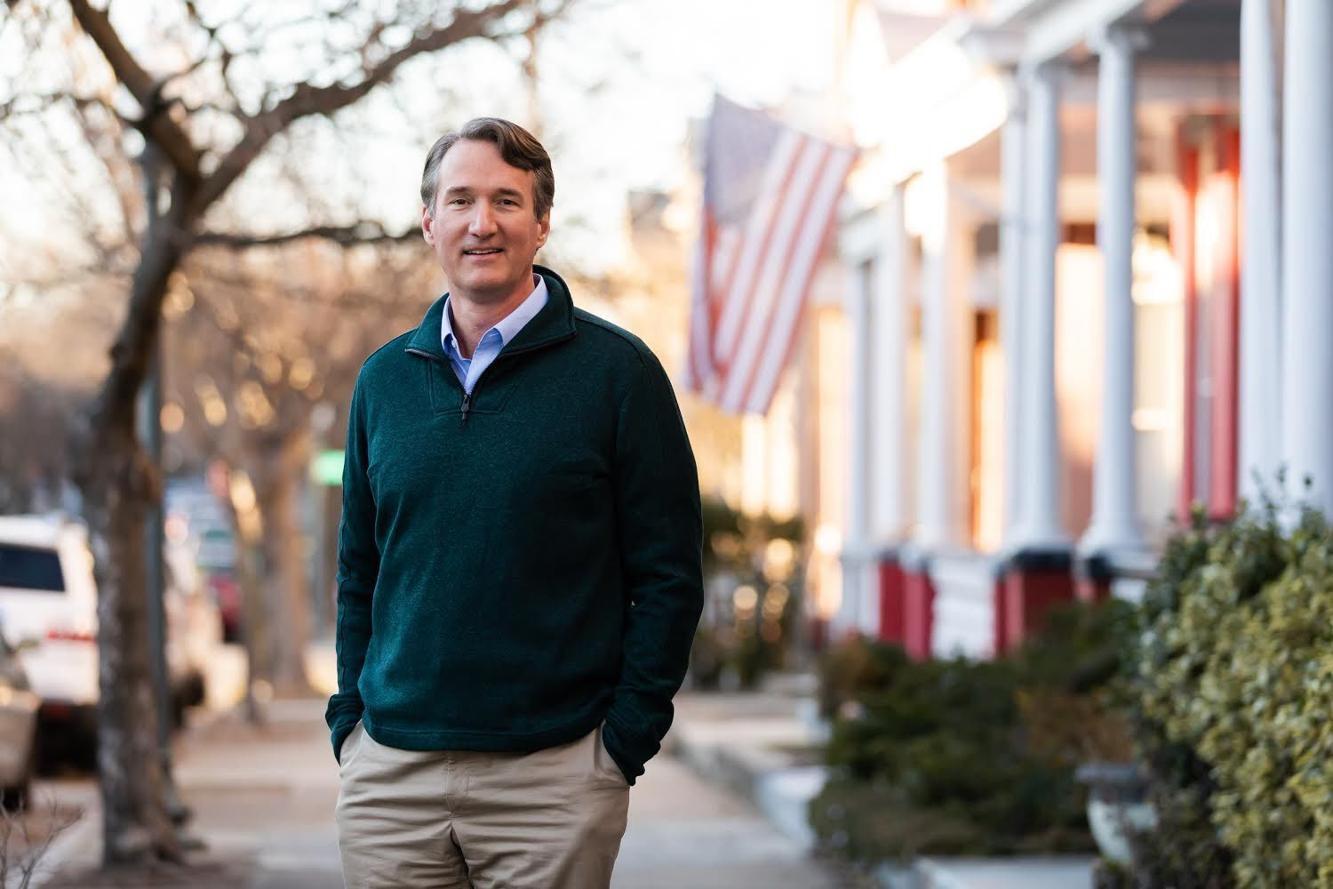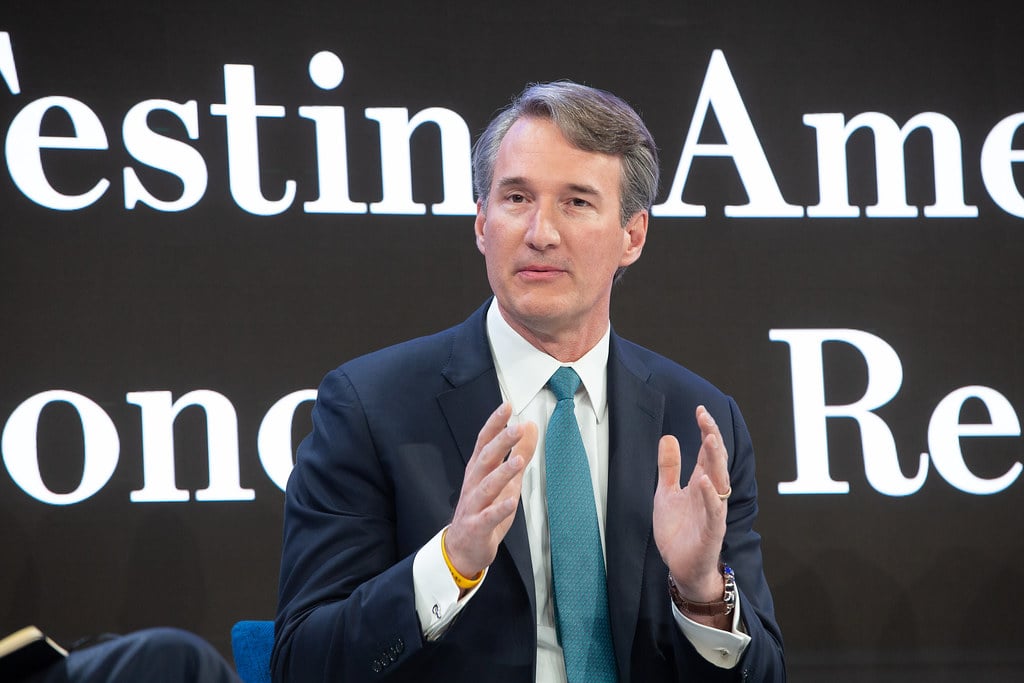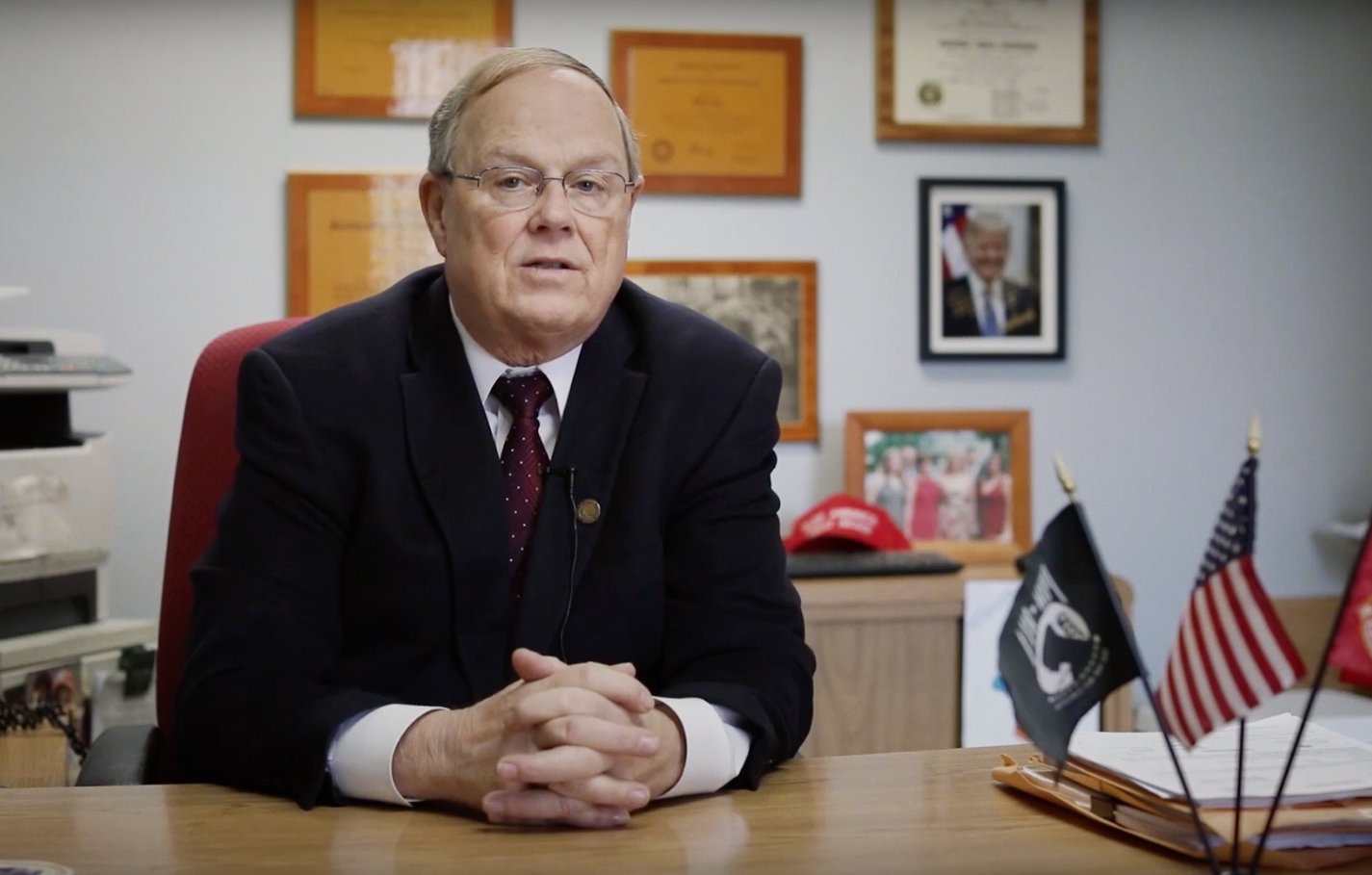Corey Stewart, the chairman of the Prince William County Board of Supervisors who’s also running to be the Republican Party’s nominee in Virginia’s gubernatorial race, went off on Tuesday with an all-day social-media rant in defense of monuments to Confederate leaders. Stewart, who last year served as a state chairman for Donald Trump‘s presidential campaign, was set off by the removal early Monday of a New Orleans statue commemorating an 1874 white-supremacist uprising against Louisiana’s Reconstruction-era government, and the scheduled removal of statues depicting Confederate President Jefferson Davis and generals Robert E. Lee and P.G.T. Beauregard.
https://twitter.com/CoreyStewartVA/status/856506483411910656
Stewart’s tirade continued all day Tuesday, with multiple condemnations of people who approve of the removal of Confederate memorials from public spaces, including comparisons to the Islamic State terror group.
https://twitter.com/CoreyStewartVA/status/856699414907367424
https://twitter.com/CoreyStewartVA/status/856833628516622337
https://twitter.com/CoreyStewartVA/status/856835801002520580
https://twitter.com/CoreyStewartVA/status/856894340060200961
It’s easy to be alarmed at Stewart’s ISIS analogies and the small irony that a Minnesota native is finding common cause with the Confederate States of America, a self-declared republic that existed from 1861 to 1865 for the purpose of defending the enslavement of black people. And his current outburst is at least the second time in as many months he’s rallied his campaign around a defense of Confederate symbols. In March, he told a Roanoke crowd that he would defund any Virginia city that removes Confederate statues. He’s also now pledging he’ll “force” Charlottesville to buy back a Lee statue it plans to sell.
But Stewart’s outlandishness is easily outstripped by the extremely long odds he faces of winning the GOP’s nomination, to say nothing of the governorship itself, according to Rachel Bitecofer, a pollster at Christopher Newport University in Newport News. Stewart claimed 11 percent in CNU’s March 28 poll of Republican primary voters, a distant second to former Republican National Committee Chairman Ed Gillespie, who’s running at 38 percent.
“Stewart’s support is coming from the most ideological Republicans,” Bitecofer says. “It’s the Tea Party remnant and some name recognition in Northern Virginia.”
Even among Republican voters, Stewart’s strategy of Confederate heritage and an unflinching embrace of the Trump Administration’s policies have limited appeal in Virginia. They are great for getting attention. But, Bitecofer says, voters won’t be as quick to forgive Stewart’s outrageousness as they were Trump’s.
“He deployed what we call the Trump strategy,” Bitecofer says. “Say outlandish things, the media will pick it up, giving him free media. He was kind of banking on being able to tap into the same fervor Trump was able to tap into. But where that was a miscalculation was that for Trump the forgivable-ness stemmed from his celebrity.”
Gillespie’s 38 percent support is not quite a lock yet to get the GOP’s nomination, but CNU’s poll showed him running strong statewide. And while Trump is popular among Republicans, his job approval among all Virginia voters is sitting at 37 percent, weaker than how the country as a whole rates the President. That makes Stewart’s appeal all the more unlikely, Bitecofer says, especially when looking at other elections around the country. While no individual Republican candidate in the first round of the election to fill Georgia’s 6th congressional district did particularly well, those who associated themselves most with Trump had some of the weakest showings. And Stewart’s adopted home of Prince William County is also shying away from the Republican Party in the Trump era; an April 18 special election flipped a county court clerk’s seat to Democratic control.
Taken together, there’s not much reason to worry about Stewart riding his twin loves of the Confederacy and Donald Trump to statewide success, but he sure loves the attention. “The more he leans into Trump the more he reinforces the ten to 15 percent of the GOP primary electorate that has no qualms about Trump,” Bitecofer says. “Ultimately, it’s not going to be enough to overcome Gillespie. But it is working. If you don’t care about perception and you’re a subscriber to any coverage is good coverage, that is a strategy that makes sense for him.”

















